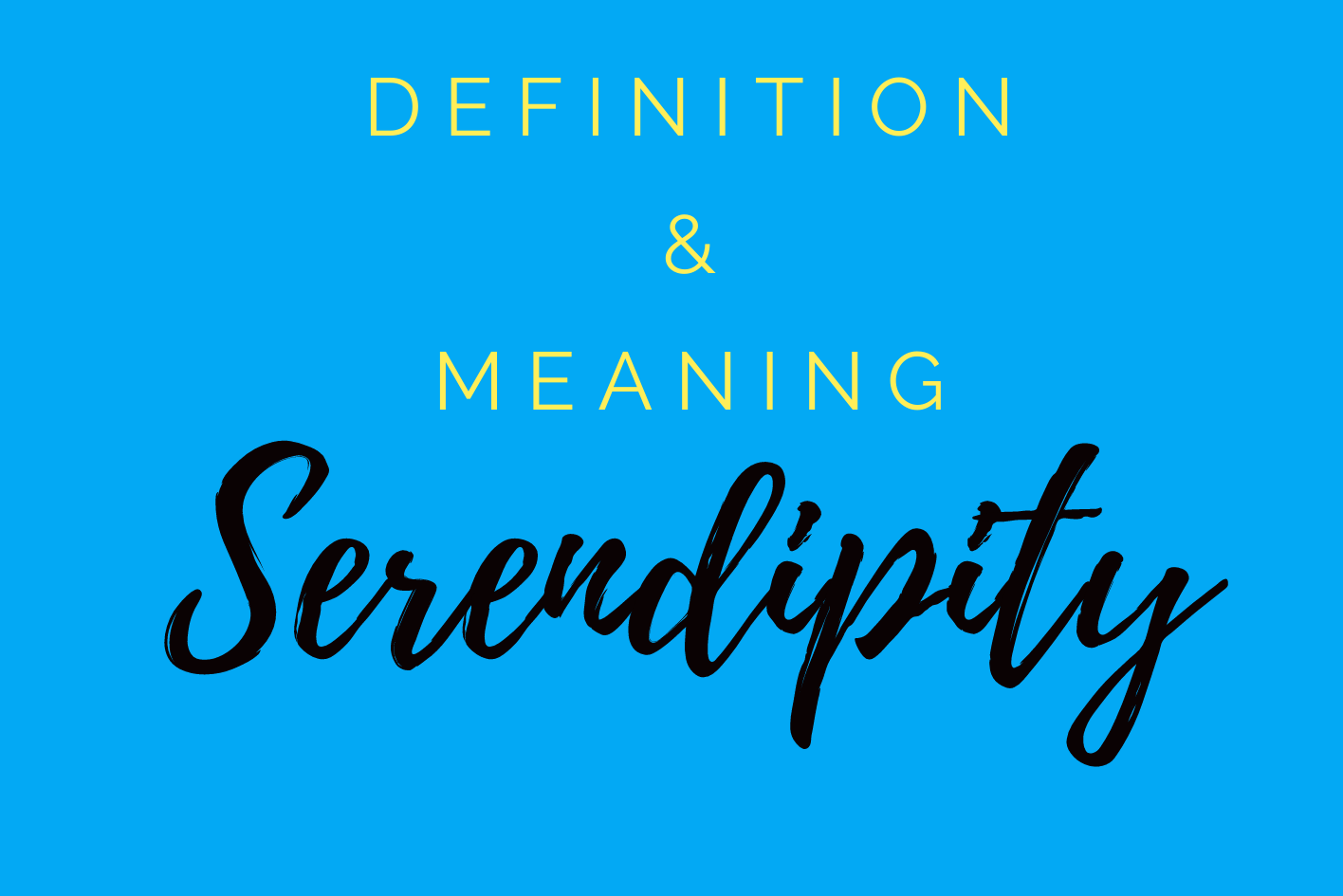Finding Joy in Unexpected Places Through Serendipity
If you ask an English speaker what the most beautiful word in the English language is, chances are they will answer “serendipity.” This is a word that is often said to be untranslatable into other languages, due to its very unique and specific meaning. Have you ever experienced good fortune falling into your hands seemingly out of nowhere? At times, we might feel like the universe is handing us the perfect opportunity at exactly the right moment. These extraordinary unexpected happy accidents in our lives are serendipities!
Definition
Serendipity is the occurrence of finding good luck in random moments. It is fortune that we were not looking for, presented to us in the most unexpected circumstances. It is a magnificent phenomenon that makes us appreciate these small moments of pure luck that the universe offers to us. It can appear in many various forms. For example, you might meet your childhood friend in a coffee shop in a foreign country or come across a solution to your work problem in a novel that you were reading to relax after a long day at the office. Regardless of the size of the luck, these events leave us feeling blessed.
See also: Words to Use Instead of “Very”
Etymology
This marvelous word has an equally fascinating origin. Serendipity was derived from an old Persian folktale titled “The Three Princes of Serendip.” Serendip is the old Persian name for the country of Sri Lanka. This fairy tale follows the story of three adventurers who always come across magnificent discoveries completely by accident. In the 1700s, English author Horace Walpole coined and popularized the use of this word as we know it today.
Different Forms and Example Sentences
Serendipity (noun):
E.g., “The doctor noticing a dangerous mole on my skin when I went in for an allergy test was pure serendipity.”
E.g., “It was serendipity that I found a ring I had lost years ago when I was renovating the bathroom in my house.”
Serendipitous (adjective):
E.g., “I will never forget my serendipitous meeting with my college friend at the airport in Singapore during our layover.”
E.g., “Finding a 50 dollar bill in the pocket of the second-hand jeans I just bought was a serendipitous surprise.”
Serendipitously (adverb):
E.g., “The astronomer serendipitously discovered a new star when researching black holes.”
E.g., “I serendipitously met my husband for the first time when he rear-ended my car in traffic.”
See also: 37 Idioms About School, Education, and Academic Learning
Synonyms
There are many words that convey similar meanings to serendipity. However, since serendipity is truly a unique experience, its synonyms do have slight alternative nuances to them. Let’s explore some common ones:
Coincidence
A coincidence is when two unrelated events happen at the same time. However, unlike serendipity, there can be unhappy coincidences. For example, imagine you call in sick to work so you can attend a fun football game but then you see your boss at the same game. It is an unfortunate coincidence that your boss decided to go to that same game on his day off.
Fate
Many people equate serendipity with fate but there are some key differences. Fate is a course of action that is predetermined—something that was always supposed to happen no matter what choices you made. Serendipity, on the other hand, is simply an accidental discovery.
Luck
Luck is good or bad fortune. You can find luck both when you are and are not searching for it. Think of playing the lottery—winning is one of the expected outcomes of entering a draw, no matter how small the chances are. That is the main difference between luck and serendipity. Essentially, we could say that serendipity is a type of good luck, one that we did not expect.
Fluke
The definition of fluke might sound similar to serendipity at first since it is also defined as a surprising piece of luck. However, we use “fluke” in situations where success is unlikely to begin with. Therefore, this word carries a negative connotation as it implies that your success happened due to luck instead of your hard work or efforts. For example, if a low-ranked sports team unexpectedly wins against the reigning champion just one time, that could be considered a fluke.
In a busy and fast-paced world, there is nothing better than the small moments that make us stop and appreciate how good we have it. Serendipity reminds us not to fear the unexpected and instead embrace every day as it comes. It is a truly special feeling and a great word to use if you ever get the chance. When have you experienced serendipity before? Think about it!






